Winter heating tip
silver2
15 years ago
Related Stories
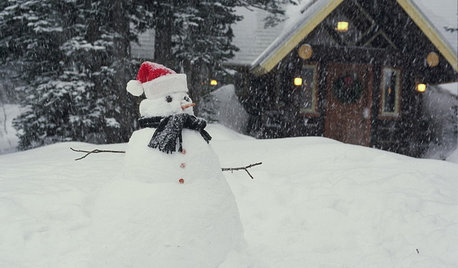
LIFEShare Your Winter Storm Jonas Photos and Survival Tips!
Let’s see your pictures and hear your ideas on how you’re keeping your house warm and staving off cabin fever
Full Story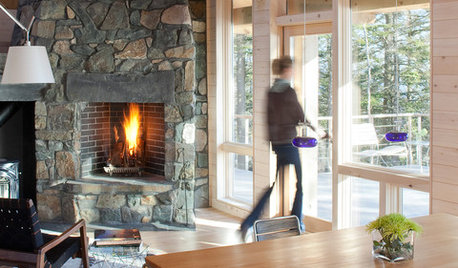
SELLING YOUR HOUSE9 Tips for Selling Your House in Winter
Make your home stand out to buyers in a challenging season by upping its coziness and showing its potential
Full Story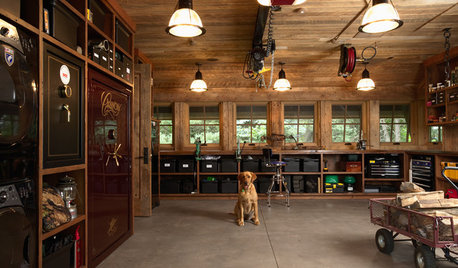
GARAGES8 Tips for a Supremely Organized Winter Garage
Snow and mud make a disorganized garage even worse. These ideas for storage and planning will keep your space clean and dry
Full Story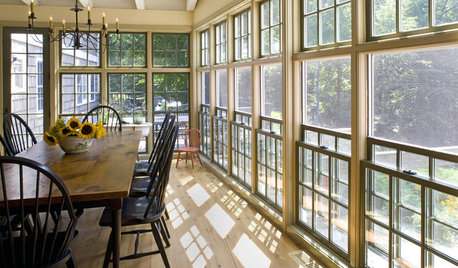
HOUSEKEEPINGLower Your Heating Bills With Some Simple Weather Stripping
Plug the holes in your house this winter to make sure cold air stays where it belongs: outside
Full Story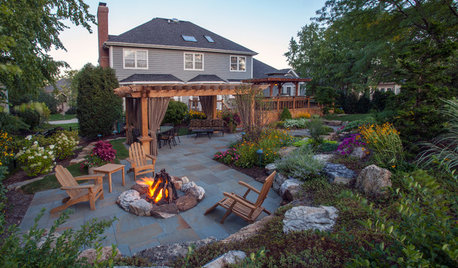
GARDENING AND LANDSCAPING3 Ways to Bring the Heat to Outdoor Living Spaces
Here’s what to know about surviving winter’s bite with an outdoor fireplace, fire pit or heat lamp
Full Story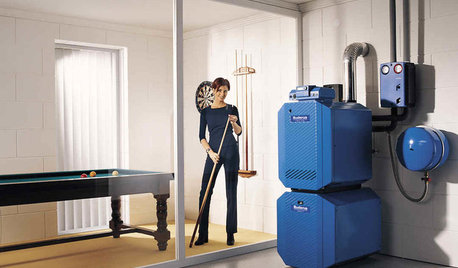
HOUSEKEEPING5 Steps to Improve Your Heating System Now
Increase your heater's efficiency and safety for lower energy bills and greater peace of mind this winter
Full Story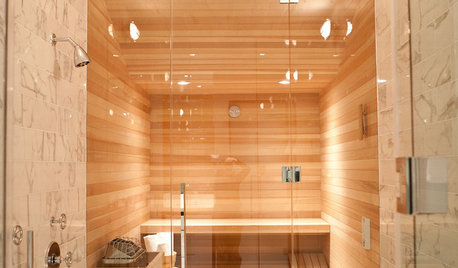
REMODELING GUIDES5 Hot Tips for Home Saunas
Bask in your very own heated haven, indoors or out. This overview will get you off to a glowing start
Full Story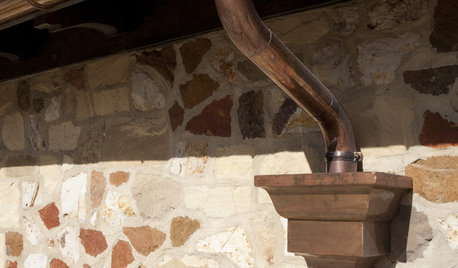
HOUSEKEEPINGProtect Your House From Winter Water Damage
Avoid costly repairs by learning to spot potential problem areas before water damage is done
Full Story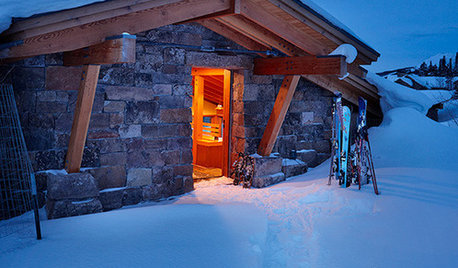
VACATION HOMESEssential Elements of an Ideal Winter Cabin
If you dream of a winter getaway with lots of skiing, skating and hot-drink sipping, these tips will make your cabin as cozy as can be
Full Story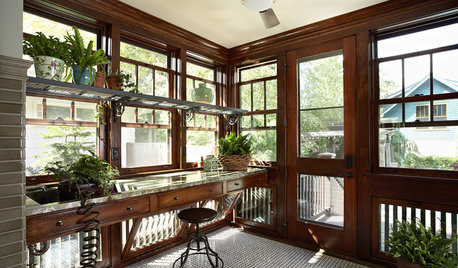
WINTER GARDENINGWinter Gardening: Ideas for a Dream Potting Room
Check out potting rooms that get indoor gardening right — and learn tips for creating your own
Full Story


turnage (8a TX)
dilly_dally
Related Discussions
Upstate NY winter weather tips
Q
Need tips for winter care on established older plumeria tree
Q
Tips for growing winter squash
Q
Winter tips for warming bins
Q
silver2Original Author
western_pa_luann
dilly_dally
dilly_dally
silver2Original Author
dilly_dally
joyfulguy
dilly_dally
maria_bebop
grainlady_ks
maria_bebop
cynic
dilly_dally
mulchmamma
dan_dhrt
grittymitts
joyfulguy
charn1